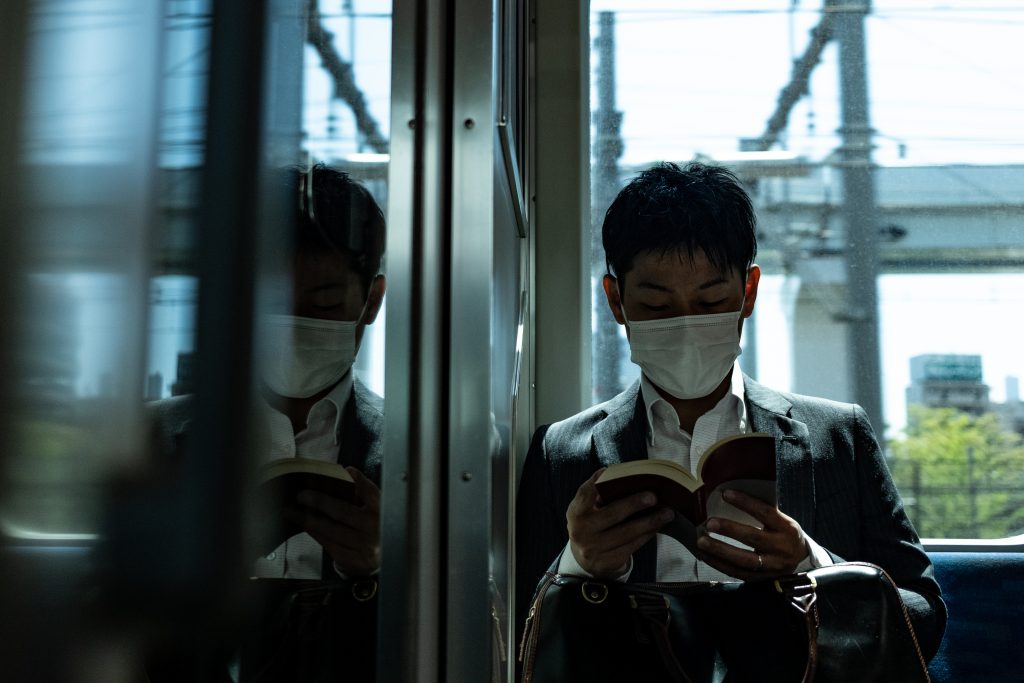
- ARAB NEWS
- 31 Jul 2025

TOKYO: With the number of male workers in Japan who take child care leave showing no notable growth, the government's goal of raising the share of eligible men taking such leave to 13 percent in 2020 remains far out of reach.
According to a labor ministry survey for fiscal 2018, workers who took paternity leave accounted for 6.16 percent of all eligible men, up 1.02 percentage points from the previous year for the sixth straight year of increase. But the figure remains far below the government target and the levels of more than 80 percent for women.
About 60 percent of women took child care leave of 10 to less than 18 months, while the length of leave was less than two weeks for some 70 percent of men, with nearly 40 percent of men taking fewer than five days.
In an effort to remedy the situation, a task force of the ruling Liberal Democratic Party has proposed increasing state subsidies for those who take paternity leave.
In an interim proposal put forward in March, the LDP task force said male workers have trouble applying for child care leave due to the atmosphere of the company and the workplace, as well as the personalized nature of work.
The panel underscored the need to implement policies for changing public awareness of the issue and corporate culture.
Specifically, it proposed designating the postpartum four weeks as a leave period for fathers to support their wives, during which government subsidies for men who take child care leave would be raised to 100 percent of the wages they earned before the leave, up from an effective 80 percent at present.
The LDP panel hopes that the proposal will be reflected in the government's fiscal and economic policy guidelines, officials said.
In the private sector, a growing number of businesses are encouraging employees to take paternity leave as part of work style reform.
At U-media Co., an advertising and printing company based in Sendai, Miyagi Prefecture, northeastern Japan, all of those eligible have taken paternity leave.
Working efficiently for limited periods has changed the mindset of employees, bringing about a fall in overtime work and an improvement in work-life balance, company officials said.
Still, the longest paternity leave taken by nine workers at the company in 2015-2019 was only nine days. One employee said there was an atmosphere that made him feel it was difficult to apply for leave.
Ayako Konno, director of the company, said the key will be "how we can change the strong public mood of intolerance toward paternity leave."
JIJI Press